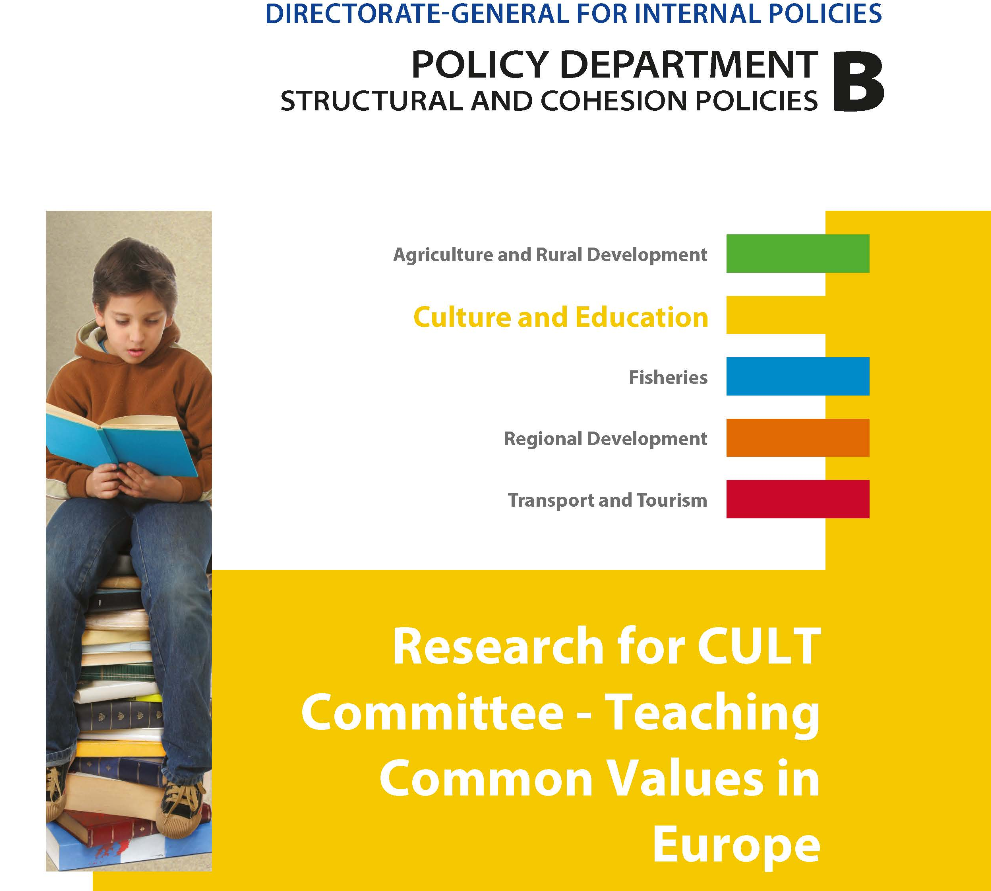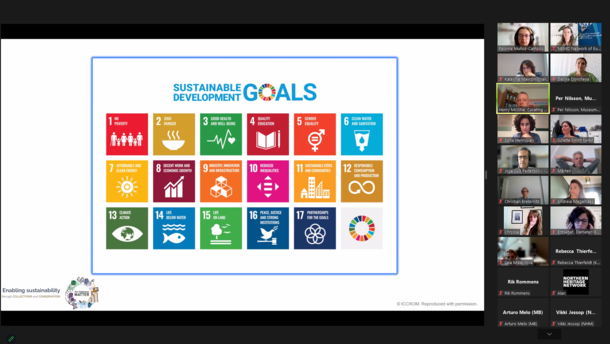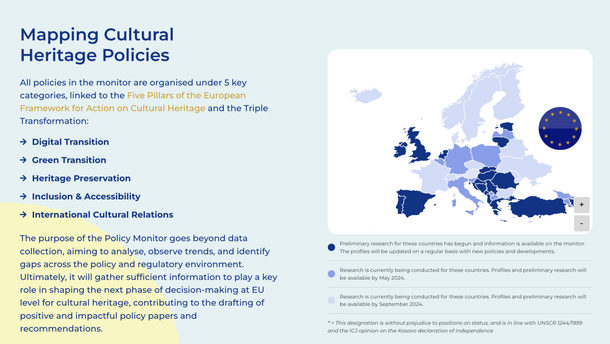The study examined if and how common values in Europe are addressed by EU Member States' official curricula for students in secondary education and considered the role of civil society and non-governmental organisations is as well.
Data on the formal education policies of all 28 European Union Member States has been collected by national academic experts, and in-depth curriculum studies have been performed in 12 Member States. These 12 individual country chapters show that in many cases, there are considerable gaps between general policy aims and concrete implementing measures, and between policy and practice.
While the study mainly focuses on secondary education and the role of schools, it also emphasises that the national and international orientation in the schools have to be well-balanced. Cultural institutions can contribute to a more successful practice, e.g. in Hungary students have to complete 50 hours of community service in orderto successfully complete secondary school, which can be served in NGOs, museums, libraries and other public and/or cultural institutions.
The complete report is available <link http: www.europarl.europa.eu regdata etudes stud external-link-new-window external link in new>here.





